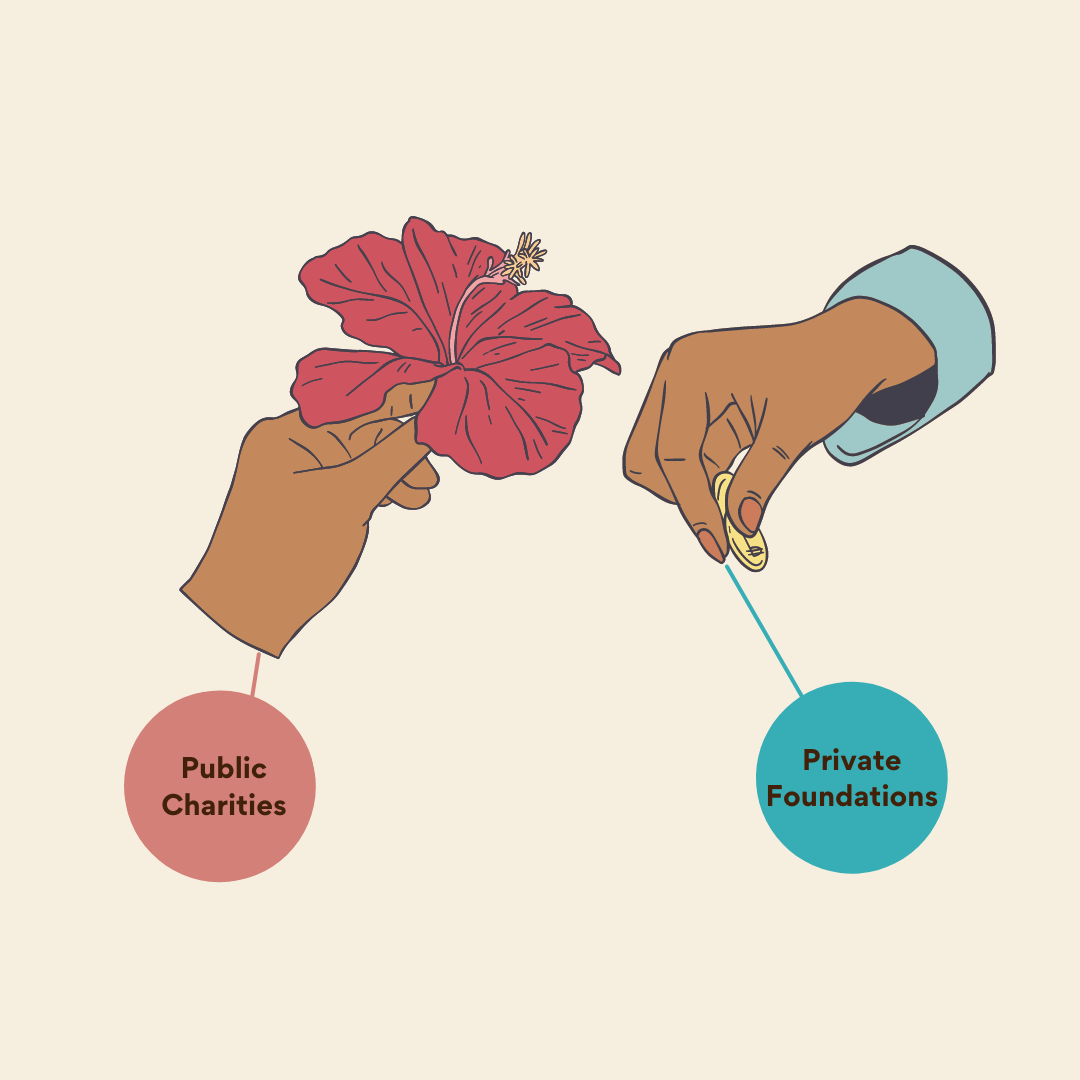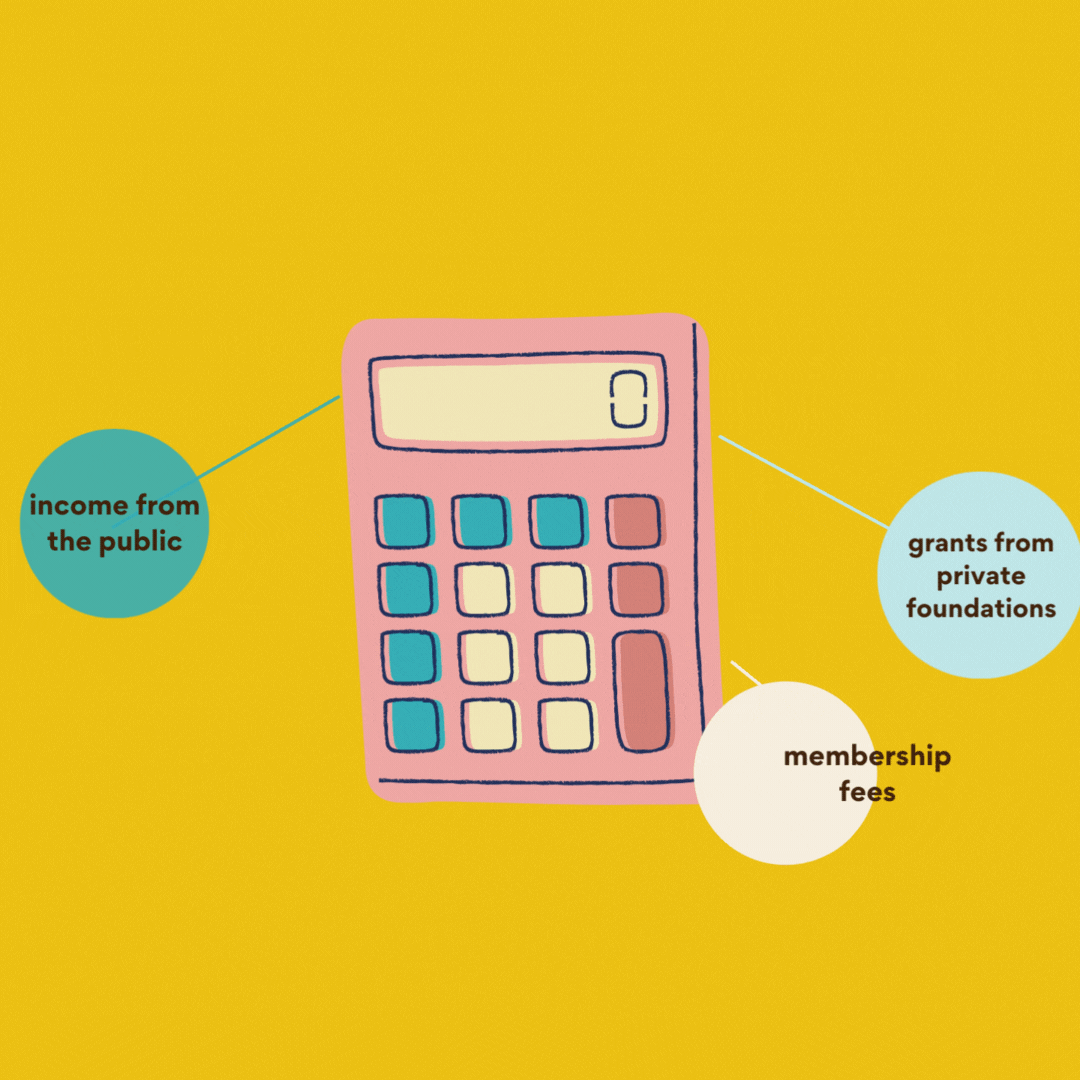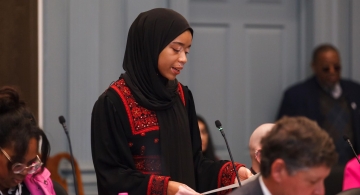The "Hidden" IRS Rule that Trips Many Nonprofits

Figuring out the IRS’ public support test can be a bit confusing for 501(c)3 organizations and many of the foundations that support them. In a nutshell, in order for organizations to maintain their public charity status with the IRS, they are required to have one-third of their support come from the general public and/or governmental sources (the "public support test"). Large grants can easily throw off this ratio, potentially leading the IRS to reclassify your public charity as a private foundation, this is called “tipping."
We created this primer to help you identify if your organization might be close to tipping.
IPMF grantees that would like to learn more about tipping can reach out to us at info@independencemedia.org.
There are two types of 501(c)(3)s

To understand the tipping problem, first we have to break down the 501(c)(3) classification. Public charities (aka nonprofits) follow more flexible IRS rules since they're considered more accountable to the public as a publicly supported organization. This is in contrast to private foundations (like IPMF), most of which have just a single source of funding and therefore more strictly monitored by the IRS.
What is "tipping" and how could it impact your org?
Tipping happens when a large contribution from a single donor (like a private foundation) to a public charity causes that organization to fail the IRS public support test and is therefore "tipped" out of public charity status. The organization will then become reclassified by the IRS as a private foundation and will need to comply with more restrictive and complex legal and financial regulations. In addition, fundraising and receiving grants could become significantly more challenging for the organization.
What is public support and how does it get calculated?

As part of a nonprofit's annual Form 990, the organization needs to calculate both its public support (income from the public) AND total support (i.e. gifts and grants from private foundations, individuals, corporations, income from tax revenues) over a five-year period (current year and prior four years)
While there are complex rules around calculating public support percentages and different ways to do it it is important for a nonprofit to maintain this support to ensure its continued public charity status.
How does a nonprofit avoid tipping?
A 501(c)(3) public charity should be aware of its overall funding situation and the portion of its income derived from the public. To do so, start by asking yourself the following questions:
- Are you currently receiving funding from only one or two sources?
- Are you expecting to receive a significant grant from a private foundation soon? If yes, how could this impact your organization's overall revenue?
One significant way to avoid tipping is to secure funding from multiple sources and more than one private foundation, such as government funding, and the general public/individuals. This is easier said than done — especially for new or smaller organizations with limited fundraising capacity — but it is key to maintaining the organization's status and overall long-term financial health.
This is a complex topic (which does not affect fiscally-sponsored organizations) and IPMF has been on a learning journey to figure out how to provide financial support to help organizations “level up” without harming their public charity status.
This primer is an overview of the public support test and “tipping,” which we pulled from this article.
If you are a small or start-up 501(c)3 organization, a piece of advice we’ve heard again and again is that it’s important to have tax professionals and financial advisors who understand this issue so that they can help you navigate and plan. For additional information, see the links below for another resource about tipping.

